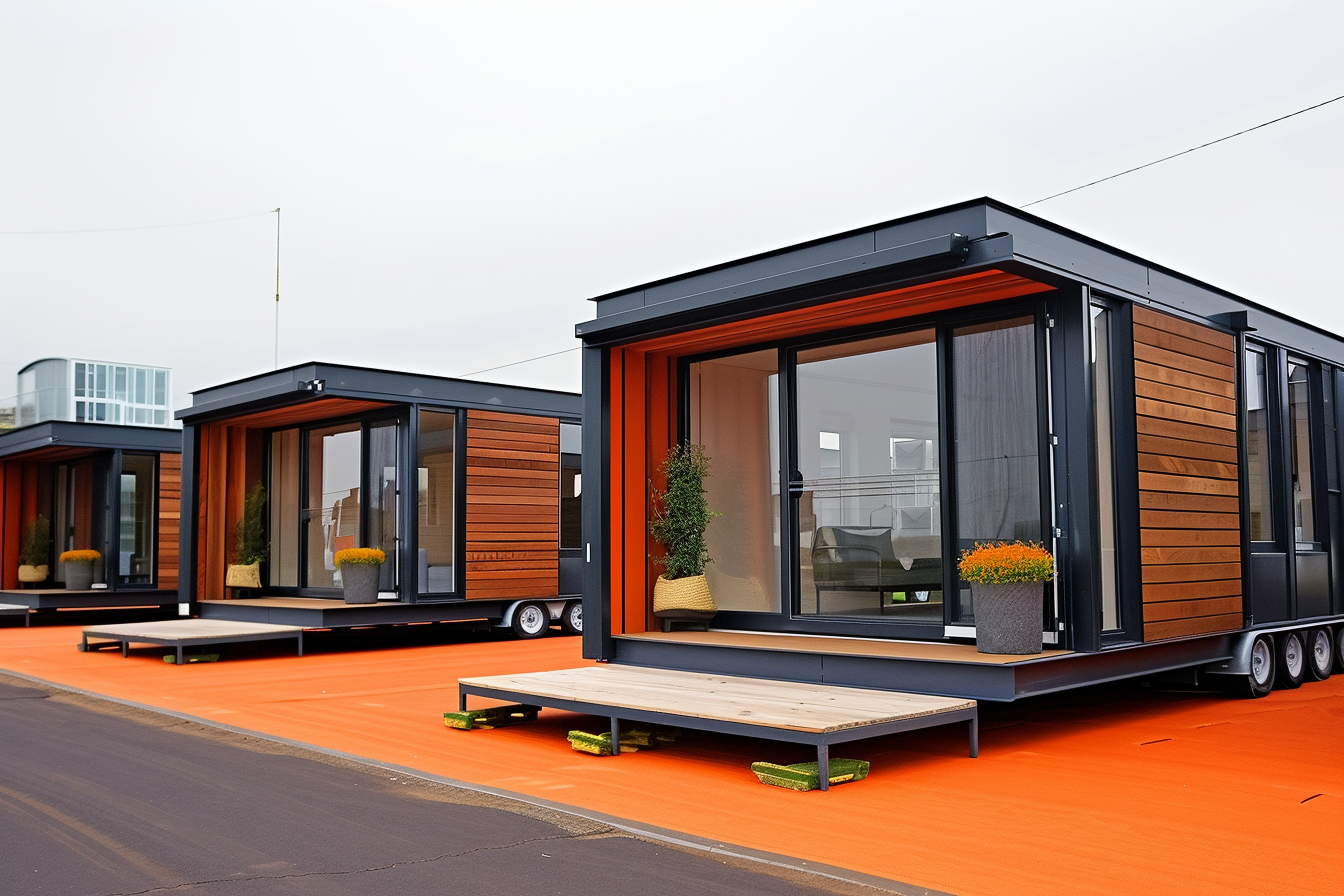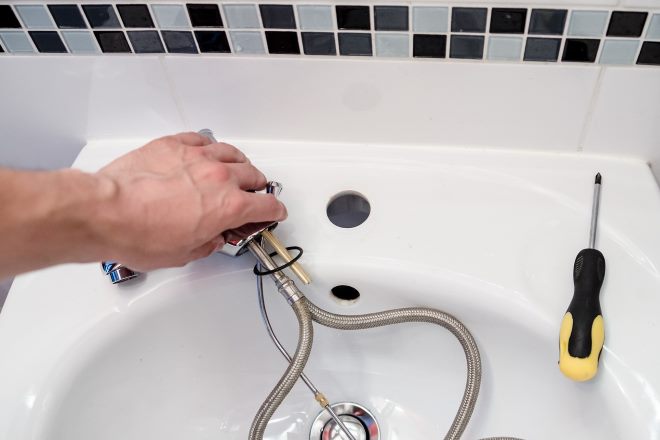Why a Home Backup Generator Is a Smart Investment
In an era where our lives are increasingly dependent on electricity, power outages can disrupt our daily routines and pose significant challenges. Whether caused by severe weather, grid failures, or unexpected accidents, these interruptions can leave homes without essential services for hours or even days. This is where a home backup generator becomes a crucial investment, providing peace of mind and uninterrupted power when you need it most.

How does a home backup generator ensure continuous power?
A home backup generator is designed to automatically detect power outages and seamlessly switch on to provide electricity to your home. Within seconds of a power failure, the generator activates, ensuring that essential appliances and systems continue to function. This rapid response is particularly crucial for maintaining refrigeration, heating or cooling systems, medical equipment, and security systems. By providing a reliable source of power during outages, a backup generator helps maintain your comfort, safety, and daily operations with minimal disruption.
What are the key features to consider when choosing a backup generator?
When selecting a backup generator for your home, several important factors come into play. First, consider the generator’s power output, measured in watts or kilowatts. This should be sufficient to cover your essential electrical needs during an outage. Next, evaluate fuel type options, which typically include natural gas, propane, or diesel. Each has its advantages in terms of availability, storage, and efficiency. Look for generators with automatic transfer switches for seamless power transition and user-friendly control panels for easy monitoring and operation. Additionally, consider noise levels, size, and installation requirements to ensure the generator fits well with your property and local regulations.
What cost savings and long-term benefits can you expect?
While the initial investment in a home backup generator may seem substantial, the long-term benefits often outweigh the costs. By preventing food spoilage during extended outages, you can save hundreds of pounds on groceries. For those working from home, a backup generator ensures business continuity, potentially saving thousands in lost productivity. Moreover, a reliable power source protects sensitive electronic equipment from damage caused by sudden outages or power surges. In areas prone to frequent power cuts, a backup generator can also increase property value, making it an attractive feature for potential buyers if you decide to sell your home in the future.
Are there any safety precautions to keep in mind?
Safety is paramount when operating a backup generator. Proper installation by a qualified electrician is crucial to prevent dangerous backfeeding into the power grid, which can put utility workers at risk. Always operate generators outdoors in well-ventilated areas to prevent carbon monoxide buildup. Regular maintenance, including oil changes and filter replacements, is essential for safe and efficient operation. It’s also important to follow manufacturer guidelines for fuel storage and handling. Installing carbon monoxide detectors in your home provides an additional layer of safety. Lastly, familiarize yourself with the generator’s emergency shut-off procedures in case of any issues.
What maintenance tips ensure optimal performance?
To keep your backup generator in top condition, regular maintenance is key. Schedule annual professional inspections to check for wear and tear, electrical connections, and overall performance. Perform monthly self-tests to ensure the generator starts and runs properly. Keep the generator clean and free from debris, especially after storms. Check and change the oil according to the manufacturer’s recommendations, typically every 50-200 operating hours. Replace air filters, spark plugs, and other components as needed. Proper fuel management is also crucial; use fuel stabilizers for gasoline-powered units and ensure an adequate supply of propane or natural gas for those types.
How do backup generators compare in terms of cost and features?
When considering a backup generator, it’s important to compare different models and their features. Here’s a comparison of some popular home backup generator options:
| Model | Power Output | Fuel Type | Key Features | Estimated Cost |
|---|---|---|---|---|
| Generac Guardian 24kW | 24 kW | Natural Gas/Propane | Wi-Fi enabled, Quiet-Test mode | £5,000 - £7,000 |
| Kohler 20RESCL | 20 kW | Natural Gas/Propane | Corrosion-resistant enclosure, 5-year warranty | £4,500 - £6,500 |
| Briggs & Stratton 17kW | 17 kW | Natural Gas/Propane | Compact design, Symphony II Power Management | £4,000 - £6,000 |
| Champion 14kW | 14 kW | Natural Gas/Propane | Low-tone muffler, 10-year limited warranty | £3,500 - £5,500 |
Prices, rates, or cost estimates mentioned in this article are based on the latest available information but may change over time. Independent research is advised before making financial decisions.
In conclusion, a home backup generator is indeed a smart investment for homeowners seeking reliable power during outages. By ensuring continuous electricity supply, providing long-term cost savings, and offering peace of mind, these systems have become an increasingly popular addition to modern homes. When choosing a generator, carefully consider your power needs, budget, and local regulations to select the best option for your household. With proper installation, maintenance, and safety precautions, a backup generator can provide years of dependable service, keeping your home powered and protected through any electrical disruption.




